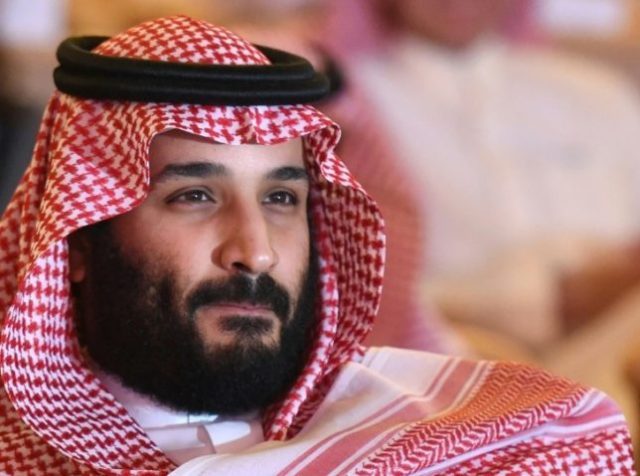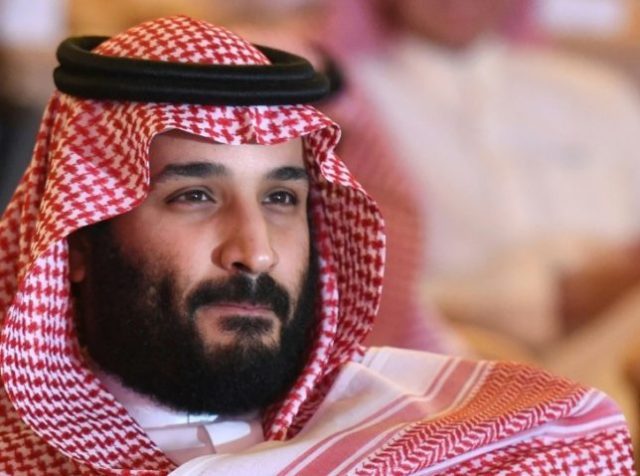
The arrests of scores of Saudi royals, ministers, and businessmen in an anti-corruption sweep that started November 3, and the resulting swap of assets for freedom, may have silenced potential rivals of Crown Prince Mohammed bin Salman. But the roundup has also cast doubt on the outcome of plans to offer a public stake in the state-owned oil giant, Saudi Aramco.
The arrests have chilled opposition to the crown prince’s ambitious cultural and financial reforms. They have also increased concern among wary foreign investors about the kingdom’s stability and respect for the rule of law.
Investors were already viewing the public offering of up to 5 percent of Saudi Inc. with trepidation given the kingdom’s mixed record on human rights. Now it appears they have cause to worry. One of those arrested on November 4 was Prince al-Waleed bin Talal, a billionaire investor in several western companies, including Apple and Twitter.
The crackdown is the latest sign of growing turmoil in the region and certainly not good news for what’s been billed as the biggest IPO of all time. According to some, this changes the “risk perception” of the country quite a bit. The arrests make an initial sale to China more likely, even while oil prices finally broke through the $60 ceiling.
In declaring a $2 trillion valuation target for the initial public offering of Saudi Aramco, Prince Mohammed has been betting on an oversupplied oil market and falling prices to hobble U.S. shale producers and provide him with the necessary funds to carry out his reform plan.
With America out of the picture, the heir to the Saudi throne assumed OPEC, which controls 42 percent of world production, would be able to resume turning off the oil spigots at will to manipulate prices.
To make the $2 trillion target pencil out, Prince Mohammed needs oil prices above $60 a barrel. The European benchmark hit that magic number Monday morning, registering a two-year high at $62.54 a barrel. The question is whether prices will remain there or slip back to the mid-$50s where it’s been stuck for most of the year.
Bedeviling the crown prince has been good-old American innovation and resourcefulness. Rather than shutdown production, America’s shale industry used the low-price environment to recalibrate their operations and become more…

